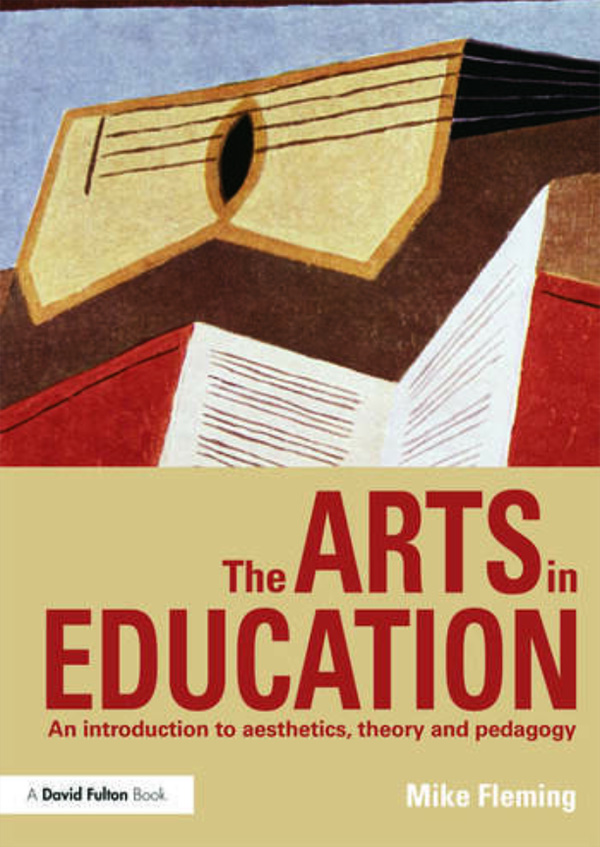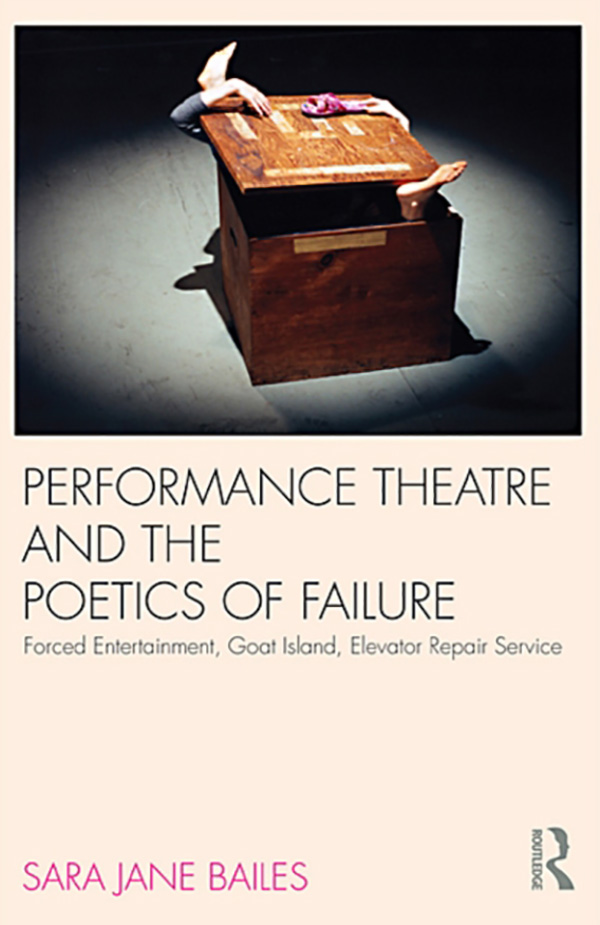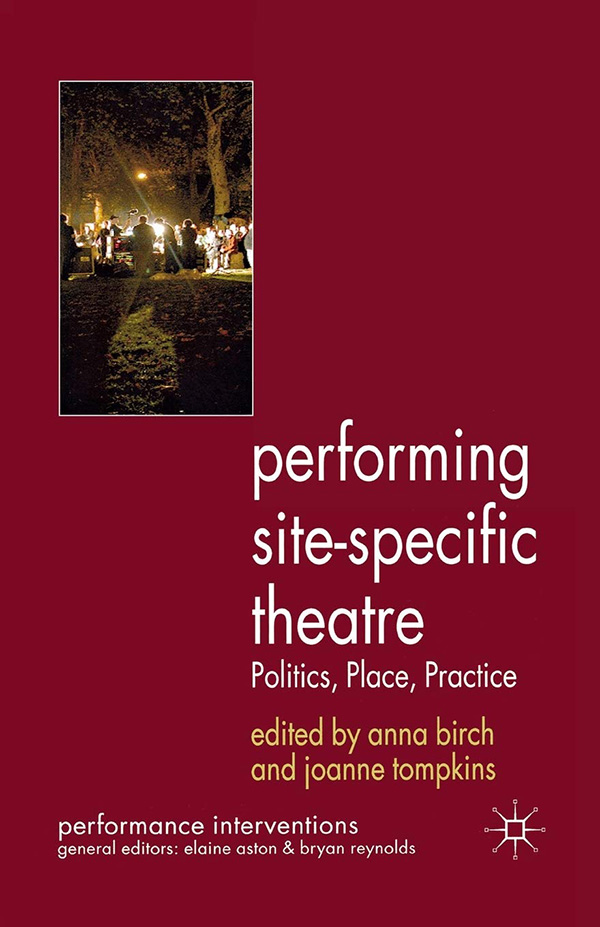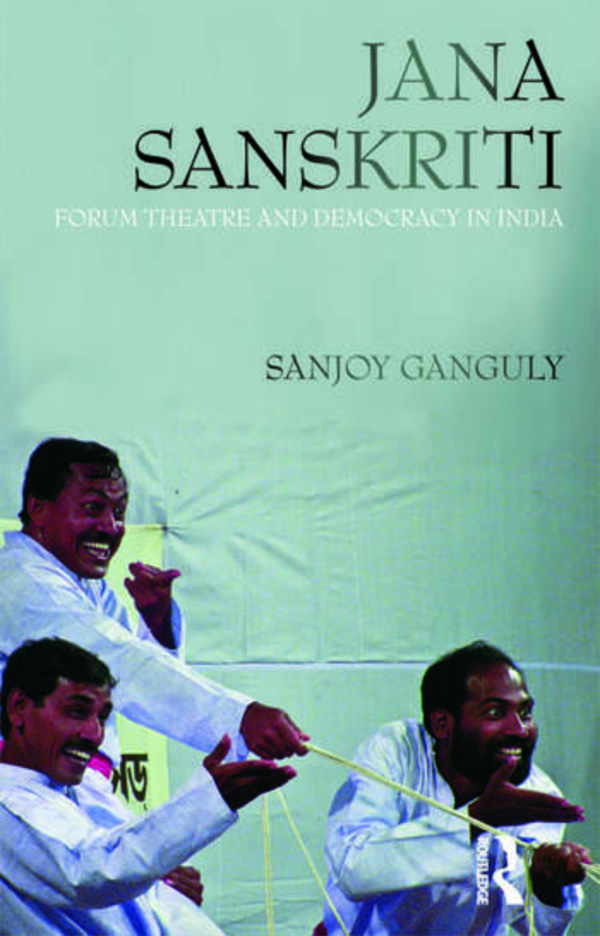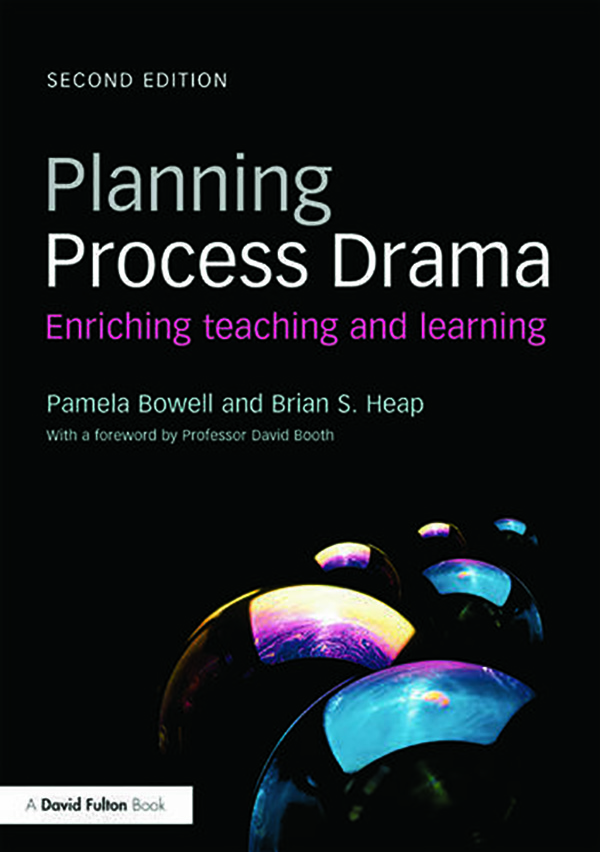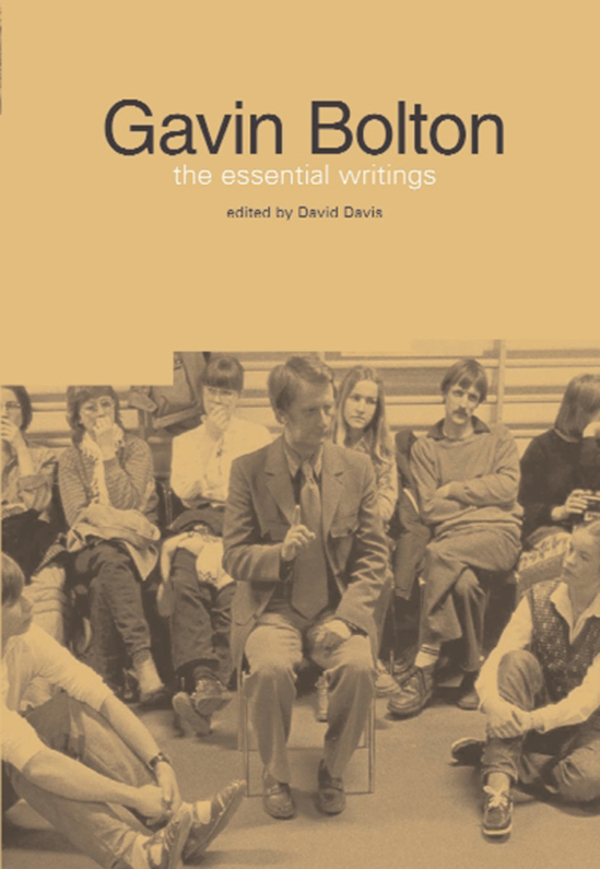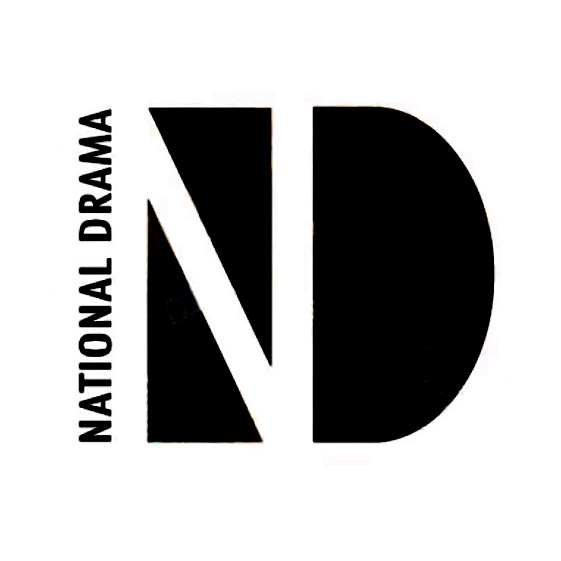Jana Sanskriti Centre for the Theatre of the Oppressed, based in West Bengal, is probably the largest and longest lasting Forum Theatre operation in the world. It was considered by Augusto Boal to be the chief exponent of his methodology outside of its native Brazil.
This book is a unique first-hand account by the group’s artistic director, Sanjoy Ganguly, of Jana Sanskriti’s growth and development since its founding in 1985, which has resulted in a national Forum Theatre network throughout India. Ganguly describes the plays, people and places that have formed this unique operation and discusses its contribution to the wider themes espoused by Forum Theatre.
By Sanjoy Ganguly


